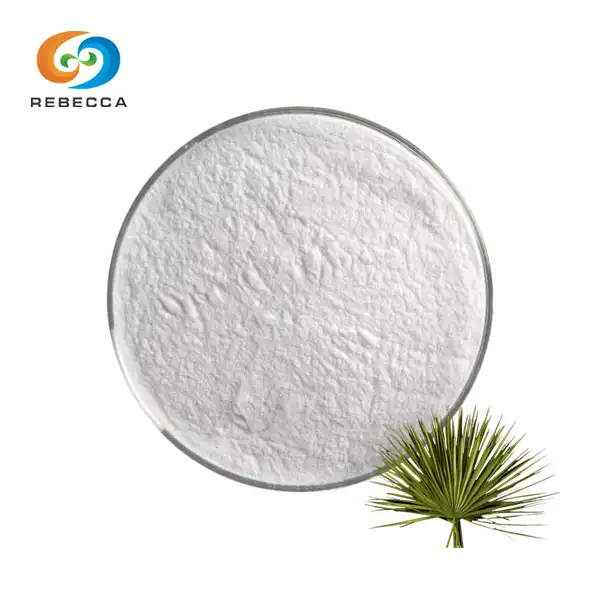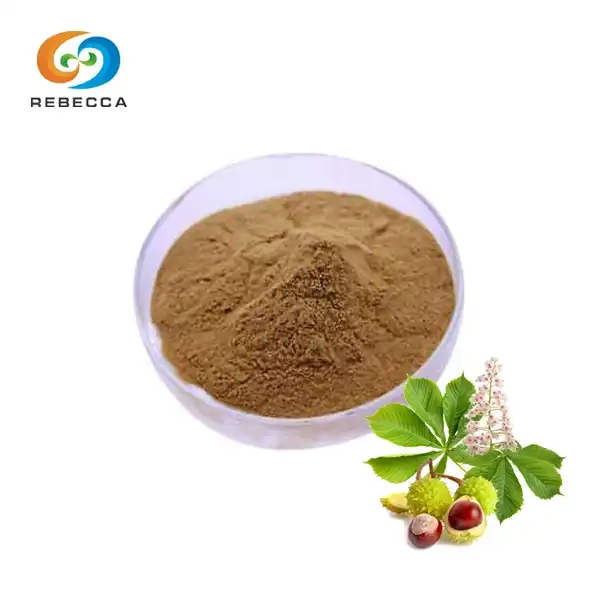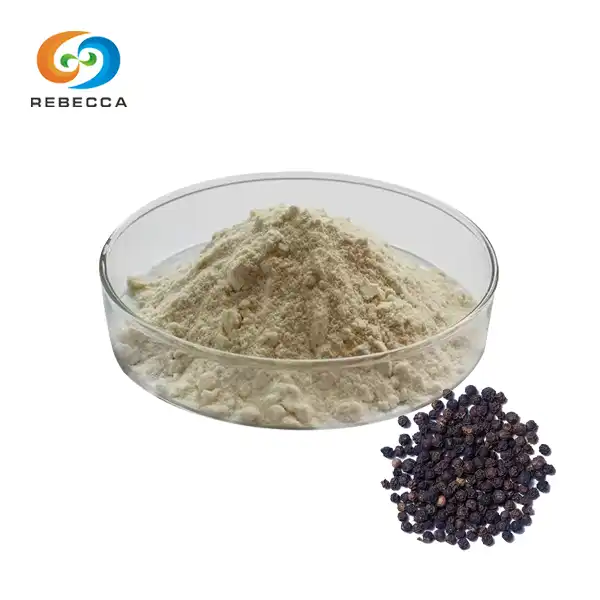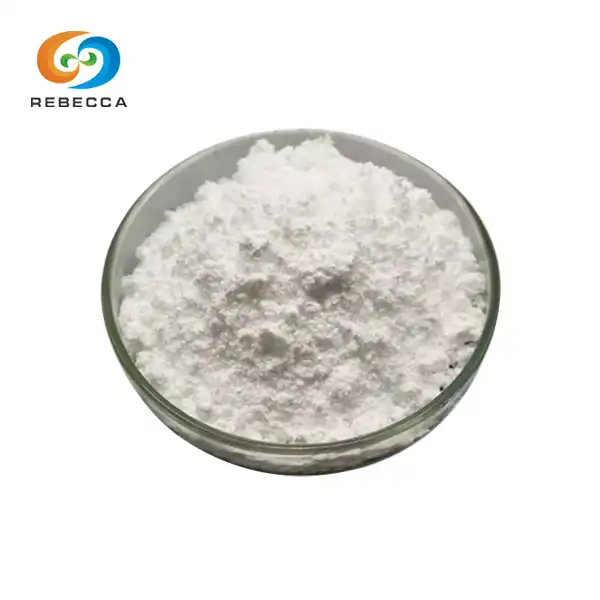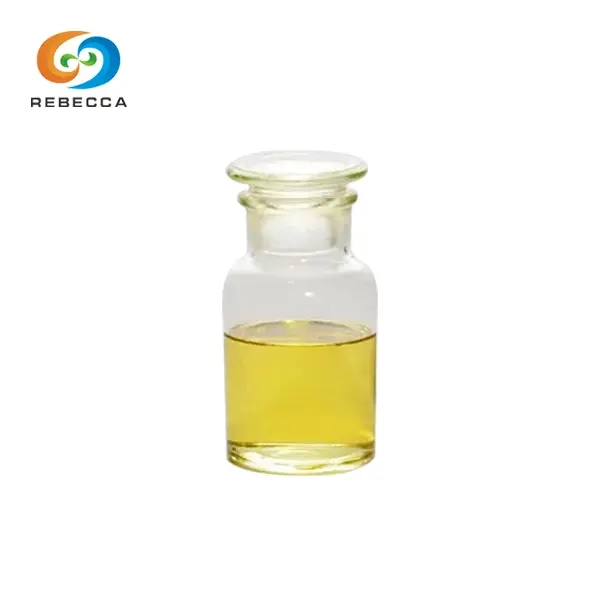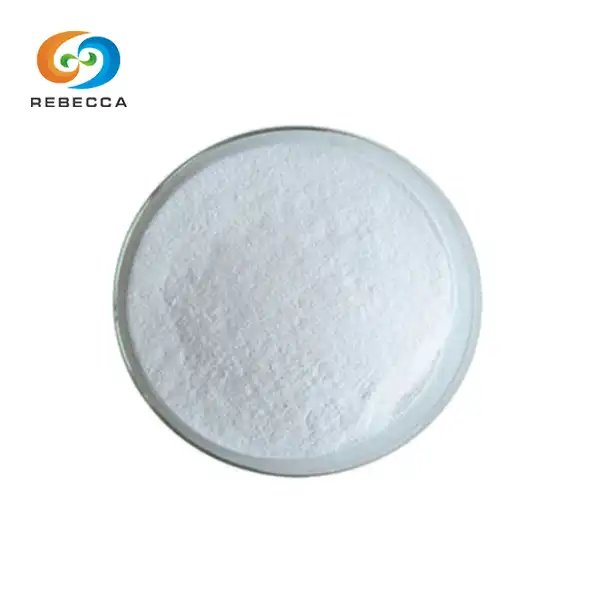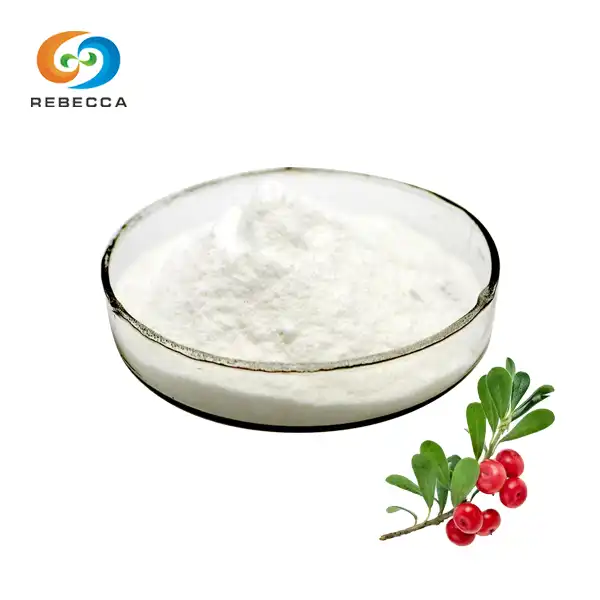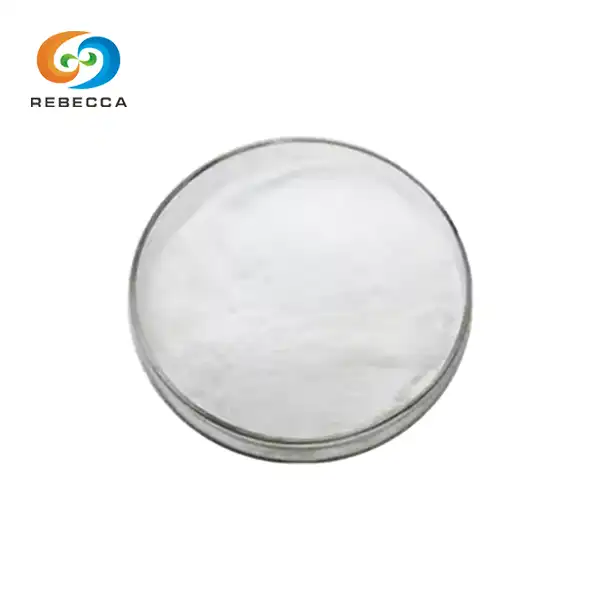Health Benefits Of Red Clover Extract
As a common herb in the field, red clover has become a popular raw material for daily health products due to the synergistic effect of natural active ingredients. Red clover extract does not rely on strong pharmacological effects, but focuses on "gentle regulation and homeostasis maintenance", covering the daily health needs of different groups of people, from female endocrine conditioning, cardiovascular protection, anti-fatigue and anti-inflammatory to bone health maintenance.
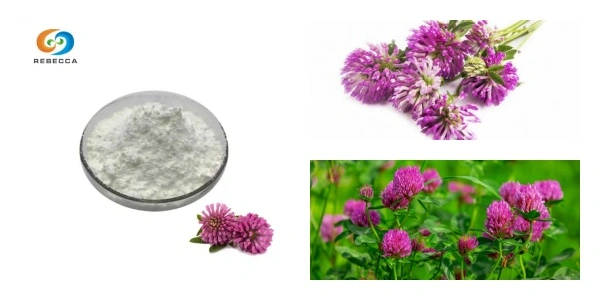
Red Clover Extract Powder
Product Name: Red clover Extract
CAS No.: 485-72-3
Specification: Formononetin 98%
Test Method: HPLC
Latin Name: Trifolium pratense L.
I. Exclusive maintenance for women: gently regulate endocrine, relieve menstrual and menopausal discomfort
For women, endocrine stability is directly related to daily comfort, and the core advantage of red clover extract is to regulate the endocrine in a natural way, relieve the common troubles of menstruation and menopause, and have a gentle effect without burden.
1.1 Menopause: Say goodbye to hot flashes and night sweats, stabilize sleep and mood
After women enter menopause, estrogen levels in the body will gradually decrease, followed by a series of discomforts such as hot flashes, night sweats, insomnia, and mood swings, which seriously affect the quality of life. The isoflavones in red clover extract act as "plant-based gentle regulators" with a similar molecular structure to human estrogen but with softer activity, which can replenish the lack of support caused by the decline in estrogen without disturbing the body's own hormone balance. It is like a "flexible balancer", when the body has hormonal fluctuations, gently intervenes to stabilize, most women will take it for 1-2 months, the frequency of hot flashes will be significantly reduced, from several times a day to occasional attacks, the degree of night sweats will also be reduced, no longer wake up from frequent sweating, and sleep depth and duration will be significantly improved; At the same time, problems such as mood swings, irritability and irritability will gradually ease, making the menopausal transition smoother. This gentle conditioning method is suitable for long-term daily supplementation and avoids the strong reactions that may be caused by drug conditioning.
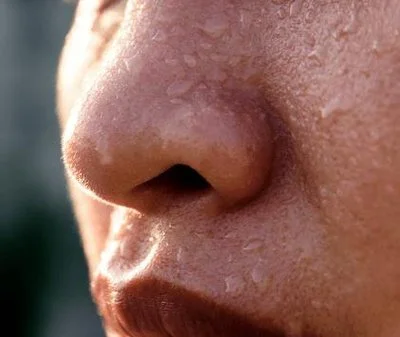
1.2 Menstrual discomfort: relieve abdominal pain and bloating, improve fatigue and irritability
Many women are troubled by mild abdominal pain, bloating, backache, irritability, fatigue and other problems during menstruation, which are closely related to imbalance of prostaglandin levels and hormone fluctuations in the body. The isoflavones in red clover extract can regulate the production of prostaglandins, reduce the excessive contraction of uterine smooth muscle, thereby relieving mild abdominal pain and bloating, and significantly reducing abdominal discomfort during menstruation; At the same time, it can also improve mood swings during menstruation by regulating endocrine balance, reduce negative emotions such as irritability and anxiety, and relieve the unique fatigue of menstruation, so that women can maintain a better mental state during special periods and no longer be disrupted by menstrual discomfort.
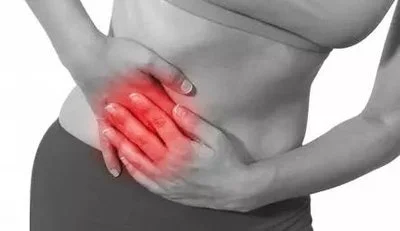
II. Daily Vascular Care: Regulating Lipid Metabolism, Maintaining Vascular Elasticity and Smooth Circulation
Vascular health forms the foundation of overall well-being. This is especially true for middle-aged and elderly individuals, or those with mild lipid abnormalities, who require daily maintenance to prevent vascular issues. Red clover extract provides comprehensive support for vascular health through the synergistic action of its multiple components.
2.1 Metabolize "bad cholesterol" and reduce vascular deposition
Excess "bad cholesterol" (low-density lipoprotein) deposition in blood vessels is an important factor affecting vascular health, and long-term accumulation may lead to decreased vascular elasticity. The saponins in red clover extract can bind to "bad cholesterol" to form a complex that is not easily absorbed by the body, promote its excretion with metabolism, and reduce the deposition on the blood vessel wall. At the same time, isoflavones can increase the content of "good cholesterol" (high-density lipoprotein), and "good cholesterol" is like a "cleaner" in the blood vessels, transporting excess cholesterol from peripheral tissues to the liver for metabolism and further optimizing blood lipid structure. For people with mild blood lipid abnormalities or those who want to prevent vascular problems, long-term daily supplementation of red clover extract can gently improve blood lipid indicators, make blood lipid metabolism more balanced, and reduce the burden on blood vessels from the source.
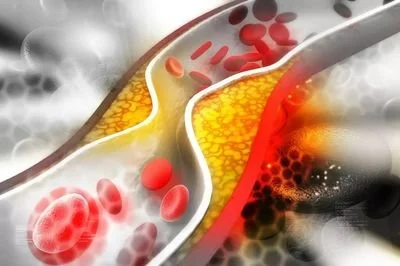
2.2 Protect the vascular endothelium and retain vascular viability
The vascular endothelium is the "protective layer" of blood vessels, and its integrity directly affects the elasticity and circulation of blood vessels, while free radical damage and chronic mild inflammation are the main causes of the decline in vascular endothelial function. The polyphenols in red clover extract are powerful "antioxidant little guards", which can quickly remove free radicals produced by metabolism in the body, reduce the damage of free radicals to vascular endothelial cells, and delay endothelial aging. At the same time, isoflavones and saponins can also slightly inhibit chronic low-grade inflammation of the vascular endothelium, reduce the stimulation of blood vessels by inflammatory factors, and help maintain the integrity and elasticity of the vascular endothelium. Long-term supplementation can maintain good vitality of blood vessels, promote smooth blood circulation, and provide sufficient oxygen and nutrients for organs throughout the body, which is a practical choice for daily vascular maintenance.
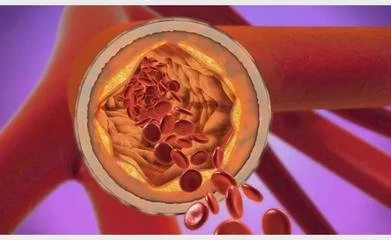
III. Combat Fatigue and Reduce Inflammation: Lighten Your Body's Load and Regain Abundant Energy
Modern people face problems such as staying up late, stress, frequent exercise, etc., the body is prone to free radical accumulation, chronic mild inflammation, which in turn causes fatigue, fatigue, muscle soreness and other discomforts.
3.1 Remove free radicals and say goodbye to daily fatigue
The body's metabolism process produces "free radical garbage", which can damage cells and lead to a decrease in cell vitality, which in turn leads to problems such as fatigue, lack of energy, and deterioration of skin condition. The polyphenols in red clover extract have strong antioxidant capacity, far exceeding vitamin C and vitamin E, which can quickly capture and remove free radicals in the body, reduce their damage to cells, and delay cell aging. At the same time, it activates the body's own antioxidant enzyme system, strengthens the cell's own "defenses" and reduces fatigue at the root. For office workers who often stay up late and have high work pressure, supplementing with red clover extract can significantly improve their energy state, bid farewell to the vicious circle of "drowsiness during the day and insomnia at night", and make daily work and life more energetic.

3.2 Soothe minor inflammation and accelerate body recovery
Whether it is muscle soreness after exercise or mild joint discomfort caused by long-term fatigue, it is essentially a chronic low-grade inflammatory response of the body. The isoflavones in red clover extract, especially chickpein A, gently inhibit the overexpression of inflammatory factors in the body, alleviate the intensity and duration of the inflammatory response, and do not cause gastrointestinal irritation like NSAIDs. Sports enthusiasts supplement after exercise, which can accelerate muscle repair, reduce the duration of muscle soreness, and allow the body to recover faster; People who have been in a state of fatigue for a long time can also relieve slight discomfort in joints and muscles, reduce the "tightness" of the body, and make daily activities more comfortable.
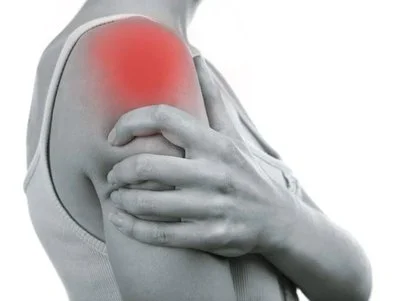
IV. Bone Health Support: Slowing Bone Loss and Preserving Bone Strength
As we age, the body's bone density naturally decreases, especially in postmenopausal women and men over 50 years old, the rate of bone loss accelerates, and it is prone to problems such as bone fragility and slight pain.
4.1 Activating Osteoblasts and Enhancing Bone "Building Power"
The health of bones depends on the dynamic balance of "osteoblasts" (building bones) and "osteoclasts" (breaking down bones), and increasing age or hormonal changes can lead to an imbalance in this balance, increased osteoclast activity, and gradual loss of bone mass. The isoflavones in red clover extract specifically bind to estrogen receptors in bone tissue, activate the proliferation and differentiation of osteoblasts, promote the synthesis and mineralization of bone matrix, and make the "building force" of bones stronger. At the same time, it can also inhibit the excessive activity of osteoclasts, reduce bone breakdown, and delay the rate of bone loss. For postmenopausal women, isoflavones can compensate for the impact of estrogen decline on bones, effectively delay the decline of bone density in key areas such as the lumbar spine and hips, and reduce the risk of bone discomfort.
4.2 Combined with nutritional supplements to improve the bone protection effect
The bone protection effect of red clover extract does not exist in isolation, and when combined with nutrients such as calcium and vitamin D, it can produce a "1+1>2" effect. Isoflavones can promote the absorption of calcium in the intestines, reduce the excretion of calcium by the kidneys, and improve the bioavailability of calcium , when supplementing calcium alone, some calcium may not be absorbed by the bones and excreted with metabolism, while with red clover extract, calcium can be deposited in bones more efficiently and enhance bone strength. Therefore, while supplementing calcium tablets and vitamin D daily, middle-aged and elderly people can make the bone protection effect more significant, and long-term persistence can maintain bone health and reduce the risk of bone injury in daily activities.
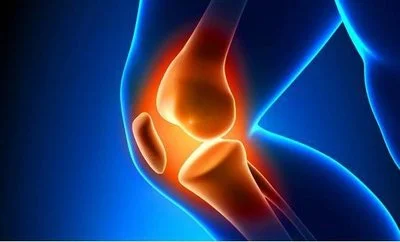
Rebecca red clover extract powder supplier
Red clover extract is a useful plant that may be used for a variety of things, including women's health, heart health, and bone protection. The data base supporting its traditional applications continues to develop, with current studies explaining the processes behind its medicinal benefits. Like with any herbal supplement, the quality, the right dose, and the person's health are all important elements in getting the most out of red clover powder while staying safe.
Rebecca Bio-Tech is a top supplier of high-quality red clover extract powder. Their pharmaceutical-grade goods fulfill strict quality criteria. We meticulously prepare our red clover powder extract to keep the natural bioactive ingredients that give it its healing qualities.
Formononetin 98% is the specification.
Method of testing: HPLC
Trifolium pratense L. is the Latin name.
Every batch has the same potency and purity because of our sophisticated extraction and standardization methods. This means that makers of supplements, medications, and functional foods can count on the findings; Our red clover extract has the highest levels of formononetin in the market, making it the most effective for health uses.
Please email us at information@sxrebecca.com if you have any questions or want to place an order.
References
[1] Razavi BM, Hosseinzadeh H. Pharmacological effects of Trifolium pratense L. (red clover) and its bioactive compounds. Phytother Res. 2019;33(6):1477-1495.
[2] Nappi RE, Malavasi B, Facchinetti F. Phytoestrogens for the management of menopausal symptoms: a review of efficacy and safety. Gynecol Endocrinol. 2009;25(10):637-649.
[3] Wood CD, Burke GL, Hughes CL, et al. Effects of red clover isoflavones on lipid profile in postmenopausal women: a randomized controlled trial. Am J Clin Nutr. 2004;80(4):1027-1032.
[4] Dawson-Hughes B, Harris SS, Krall EA, et al. Effect of phytoestrogen supplementation on bone density in healthy postmenopausal women. J Clin Endocrinol Metab. 2003;88(11):5216-5221.
[5] Zhang Y, Liu J, Wang X, et al. Extraction optimization of isoflavones from red clover and evaluation of their antioxidant activity. Food Chem. 2020;319:126658.
